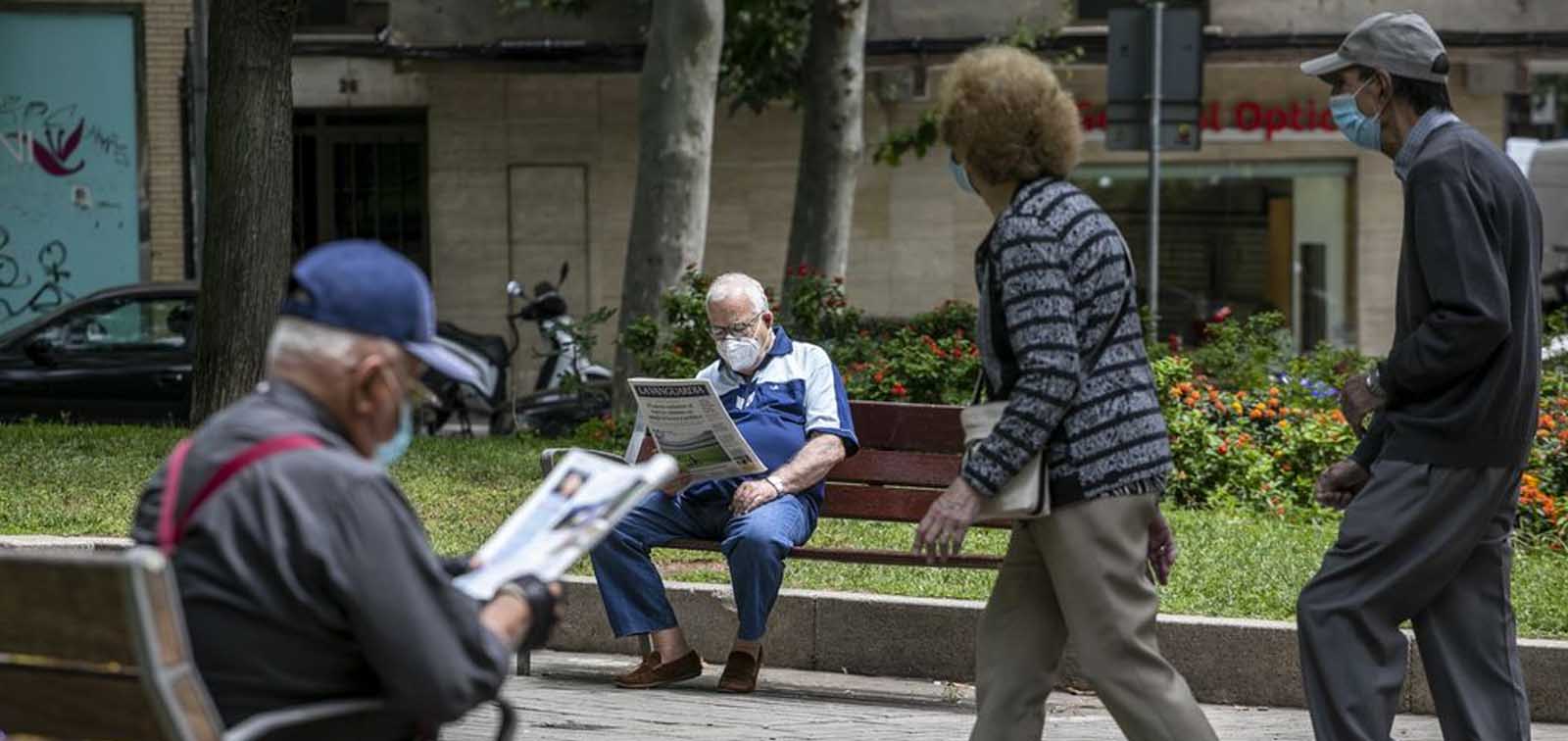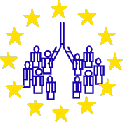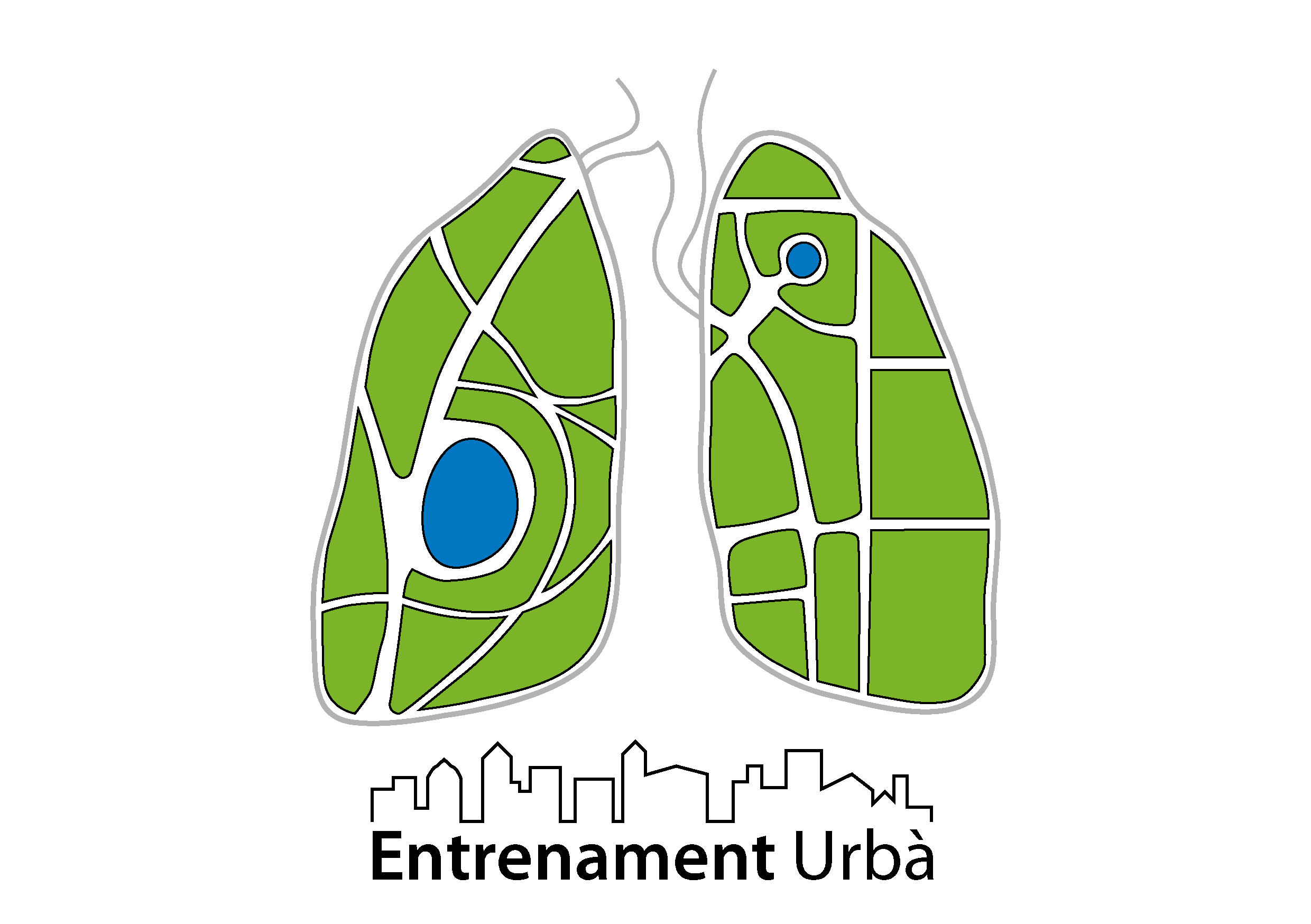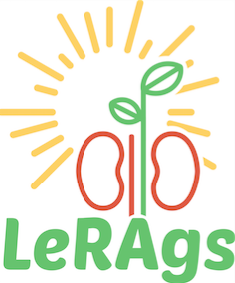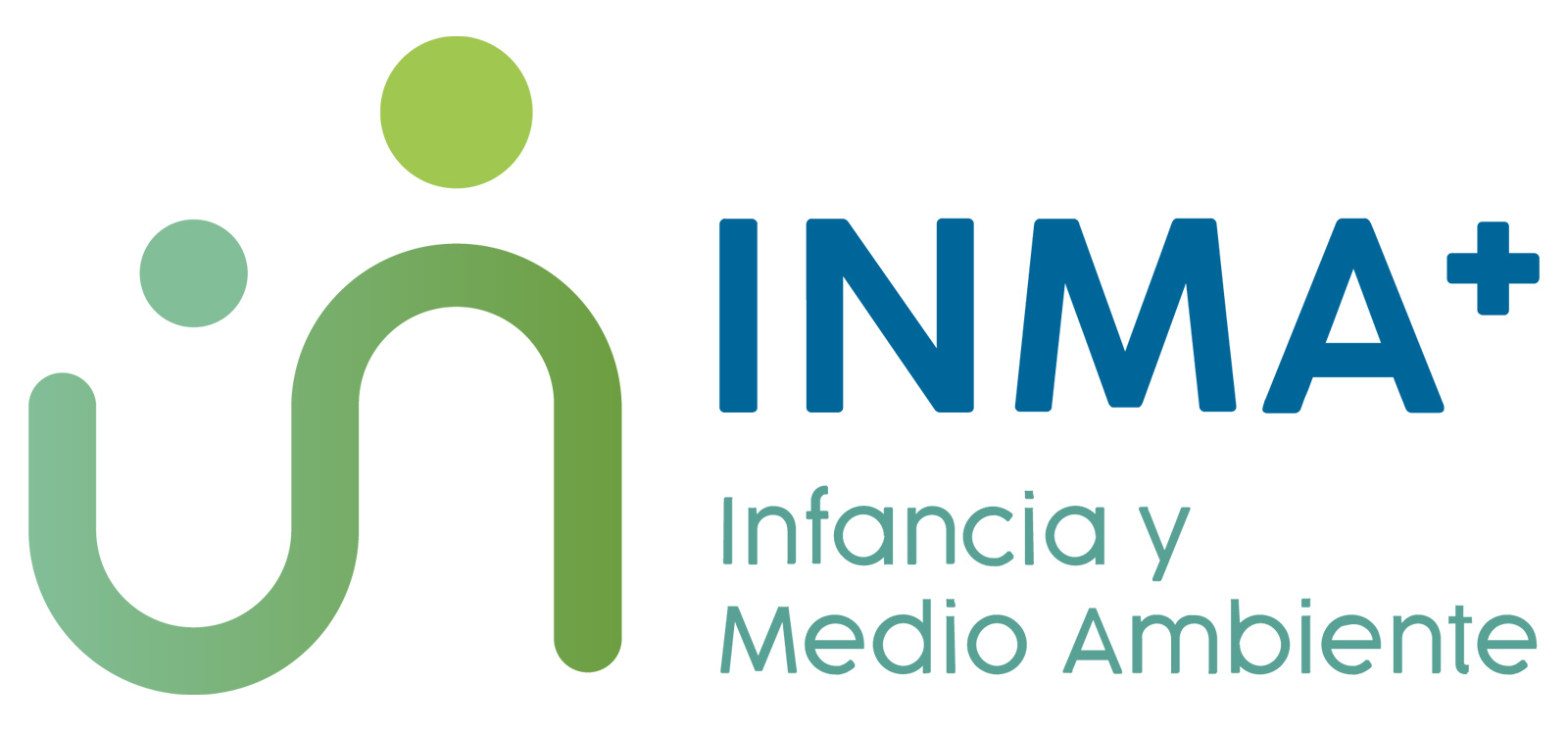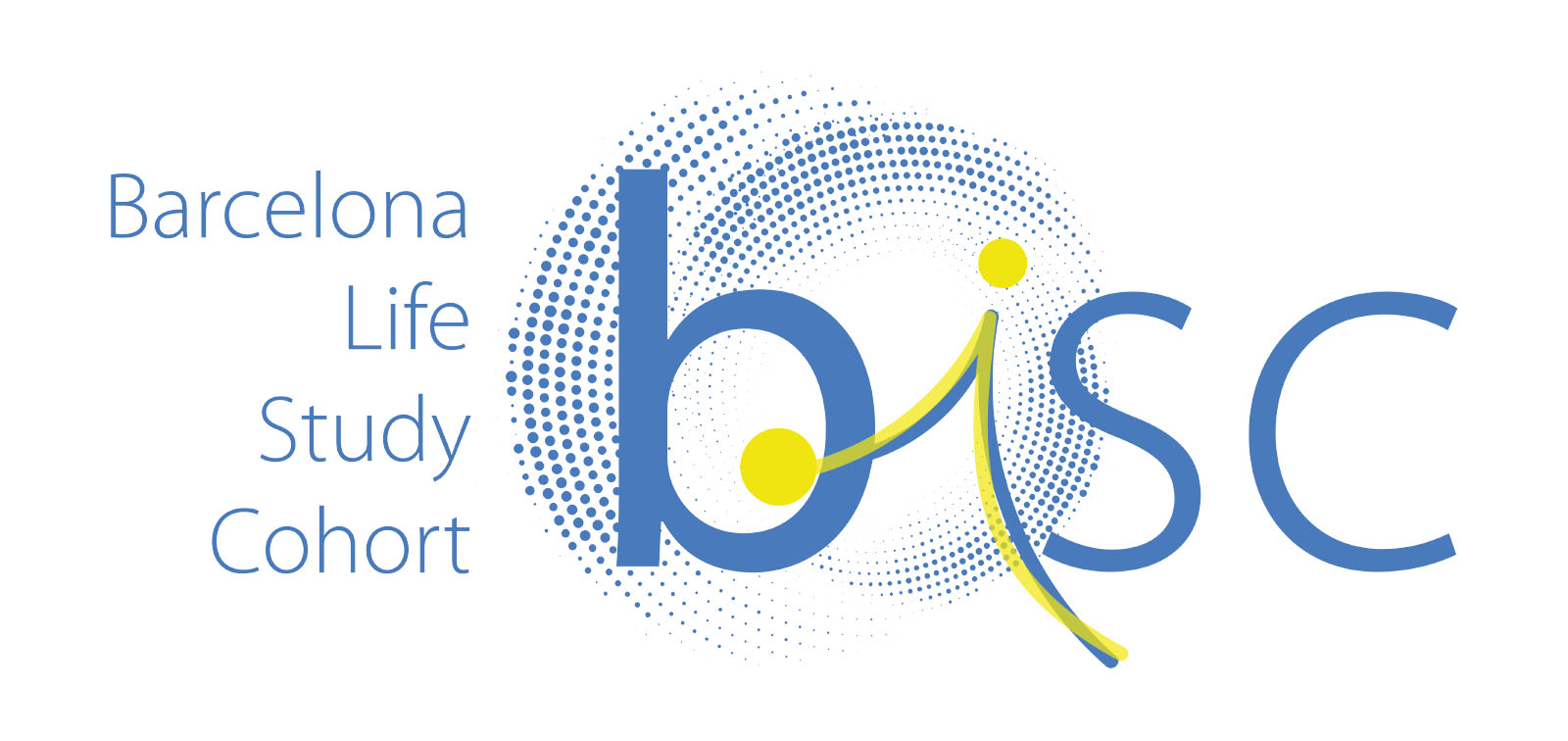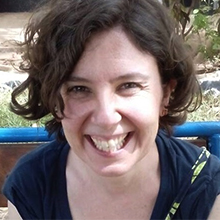- Duration
- 2020-2022
- Coordinator
- Manolis Kogevinas (ISGlobal)
- Funded by
- "la Caixa" Foundation (social research grant) (SR20-01024)
About the project
The overall objective of the CONTENT epidemiological study is to assess the long-term effects of COVID-19, the immune status of the study population, mental health, and social inequalities in the post-COVID-19 lockdown period. In relation to mental health, the study also aims to recognize risk factors and build proposals for the early identification of symptoms that in the medium term allow to prevent more severe mental health problems, as well as the identification of factors that promote resilience in order to make informed recommendations.
The project will conduct a consultation with all stakeholders to prioritize health and social needs that require scientific support, as well as to provide evidence to public health authorities and society to mitigate the adverse effects of the pandemic and the response to the pandemic.
The CONTENT study, coordinated by Manolis Kogevinas, scientific director of the Severo Ochoa distinction at ISGlobal, has been one of the 15 projects selected for funding by the ”la Caixa” Foundation in the field of social projects of excellence.
This project allows us to continue our COVICAT epidemiological study that took place in 2020, in which the effects of the pandemic and confinement on the health of the population in Catalonia were evaluated. In this first phase of the study, it was demonstrated that mental health has been and continues to be one of the most important problems of the pandemic.
The results showed that among the participants who did not have mental health problems before the pandemic between 5 and 9% developed depression or anxiety:
In this new study, we want to further evaluate the effects of COVID-19 on the mental health of the participants and the different mechanisms that have been used to deal with these difficulties.
In Andalusia, the study has received regional funding through the COVID-AND Cohort Project, duration 2022-2023, from the University of Granada.
Why this study
Why is it important to continue the investigation in COVID-19?
Although we have passed the most acute part of the epidemic, the cases of COVID-19 and its long-term effects continue. It is important to evaluate the possible effects of disease variants, the long-term effects (persistent covid) of people who had contracted the disease, the behaviors of the population in relation to vaccination and other measures. It is also very important to evaluate health policies and how they adapt to the post-COVID-19 social situation.
Why is it important to assess mental health?
The COVID-19 pandemic is expected to significantly increase the incidence of mental health problems in the population, particularly in terms of post-traumatic stress disorder, anxiety, depression, drug abuse, self-harm and suicide. In addition, to assess mental health, social isolation, work-related burden, both in terms of work overload and unemployment, and changes at home, such as increased burden associated with activities, will also be taken into account. care and interpersonal conflicts, particularly violence against women.
Why is it important to assess social and behavioral issues and mental health inequalities?
Job insecurity and economic difficulties in the post-confinement period will affect well-being and will also have effects on the mental health of the population with marked social and gender inequalities. This study will allow the quantitative examination of the effects on people in different working conditions, including the unemployed and special populations such as single mothers.
Specific objectives
The project focuses on 5 main objectives:
- To assess the mental health impacts of the pandemic
- To assess socio-economic impacts and control measures
- To assess the immune status of the study population
- To evaluate the long-term effects caused by COVID-19 that persist over time
- To share the results and to promote the development of effective responses
How will the study be carried out
20,000 people, aged between 15 and 85 years, will participate in this study, all of them included in previous epidemiological studies of 11 autonomous communities in Spain. The follow-up, which will take place over two years, will be based on questionnaires carried out on a web platform and on a mobile application.
As part of the study and in order to identify the interventions that have been carried out at the state, regional and local levels to alleviate the socio-economic impact on mental health, a survey has been designed to assess the effectiveness of these interventions as well as how to identify suggestions, good practices and implementation barriers. This survey will be answered by a wide group of actors, especially from civil society.
The survey results will be synthesized into an overview of key issues requiring scientific support and policy development and will be discussed through online workshops / focus groups. This final step will allow the development of recommendations to aid further decision making.
Expected results
The impact of the project is twofold: to advance knowledge on effects and prevention of COVID-19 cases, and to apply this knowledge to improve health policies.
- Better understand the impacts of COVID-19 on long-term health and mental health
- Better understand socio-economic impacts
- Evaluate health and social policies, and propose changes in these policies
What does volunteer participation consist of
- I. Study participants will be contacted via email, phone, or with a text message.
- II. Participation consists of answering two online questionnaires in a period of 2 years. Those who are not familiar with web platforms will be given the questionnaire over the phone.
- III. Participants who respond to the online questionnaire will receive a link to access a portal and start the questionnaire.
- IV. A subset of participants will also be able to download a mobile application to collect additional information relevant to the study.
- IV. As part of the study, a blood sample will be collected from a part of the participants to perform serology analysis, and thus measure the number of antibodies against SARS-CoV-2.
Working groups
To achieve its objectives, the project is organized into 5 working groups:
Participating cohorts
The population cohorts participating in the project are:
Consulting group
- Xavier Vallés. Programa de Salut Internacional del Institut Català de la Salut, Fundació Institut per la Recerca en Ciències de la Salut Germans Trias i Pujol.
- Pedro Gullón Tosio. Universidad de Alcalá.
- María del Mar García-Calvente. Escuela Andaluza de Salud Pública.
- Dolors Liria Zamora. Col·legi Oficial de Psicologia de Catalunya.
- José Luis Gómez Alcalde. Departamento de Salud Pública y Adicciones del Gobierno Vasco.
Budget
100,000 euros
”la Caixa” Social Research grant SR20-01024
Links of interest
- La ola oculta de la pandemia: el tsunami psiquiátrico. Entrevista a Ximena Golberg. El Periódico. [Video]
- La psicóloga Ximena Goldberg dialoga en directo en El Periódico sobre la ola psiquiátrica de la pandemia. El Periódico.
- Ximena Goldberg. Ante el tsunami psiquiátrico de la pandemia. El Periódico.
- South Korean Government briefing on COVID-19 | Is mentaldemic an emerging grisis? Ximena Goldberg discusses the issue on minute 00:25:20. [Video]
- Will we see a wave of mental health problems after the COVID-19 pandemic? COVID-19 & Response Strategy series #32. ISGlobal.
- Mental Health and the Environment. How European policies can better reflect the impact of environmental degradation on people's mental health and well-being. ISGlobal.
- Mental health and the environment: Bringing nature back into people's lives. Institute for European Environmental Policy (IEEP) and ISGlobal.
Our Team
Investigador principal (IP)
-
 Manolis Kogevinas Research Professor
Manolis Kogevinas Research Professor
Equipo ISGlobal
-
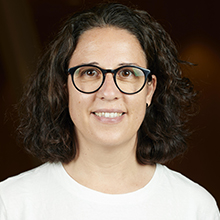 Gemma Castaño Staff Scientist
Gemma Castaño Staff Scientist -
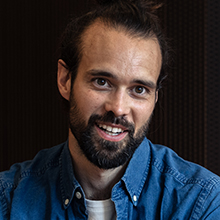 Guillaume Chevance Associated Researcher
Guillaume Chevance Associated Researcher -
Judith Garcia Aymerich
-
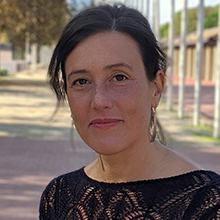 Ximena Goldberg Assistant Research Professor
Ximena Goldberg Assistant Research Professor -
Gonzalo Fanjul Suarez
-
 Oriana Ramírez Associated Researcher
Oriana Ramírez Associated Researcher


